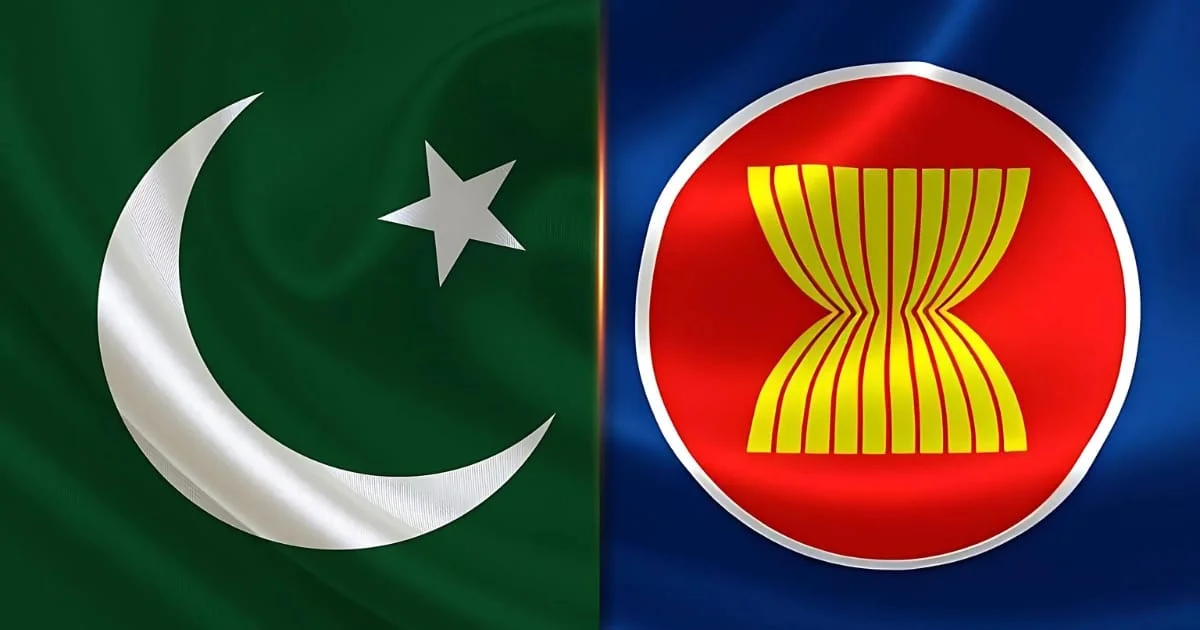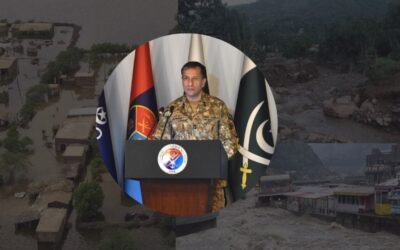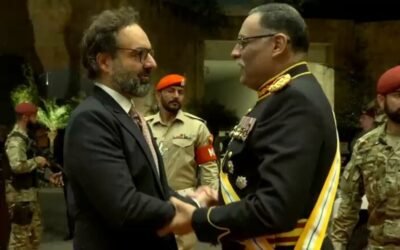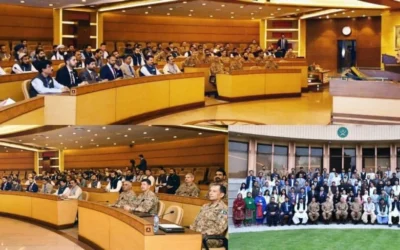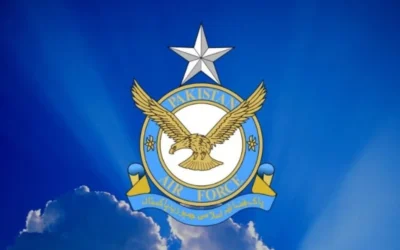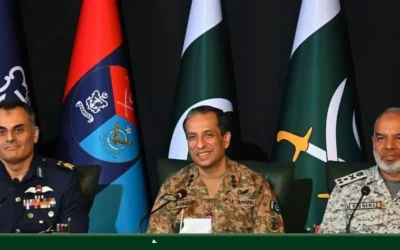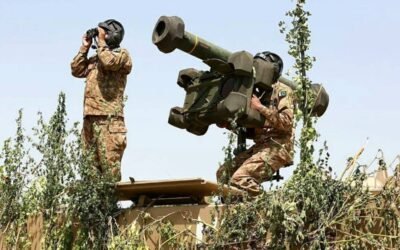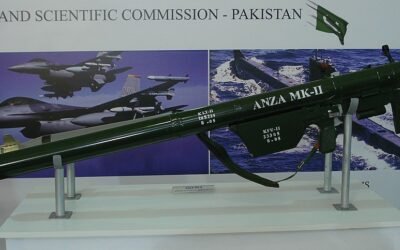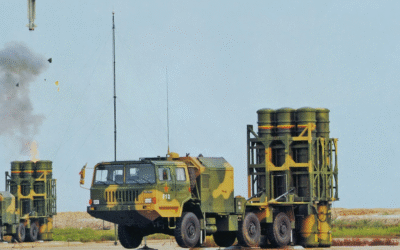In recent years, Pakistan and Southeast Asia have significantly strengthened their defence and security cooperation, reflecting Islamabad’s strategic orientation toward ASEAN. Pakistan considers ASEAN a key partner in promoting regional stability and combating terrorism. The country became a dialogue partner of ASEAN in the 1990s and has since worked to expand military exchanges and defence collaboration with member states. Alongside these efforts, Pakistani officials emphasise the rise in trade and people-to-people connections. In 2024 alone, trade volumes with ASEAN grew by 23%. Both sides also recognise shared security concerns—particularly terrorism—as a solid basis for deepening defence ties.
At the 58th ASEAN Day Roundtable, ASEAN diplomats commended the progress of Pakistan-ASEAN relations, endorsed ASEAN Vision 2045, and encouraged greater cooperation in political, economic, security, and socio-cultural areas. Pakistani representatives underscored achievements in practical engagement, expanding bilateral contacts, and emerging opportunities in fintech, the digital economy, sustainable development, trade, tourism, and cultural exchange, while also stressing the importance of institutional frameworks and high-level dialogue. Ambassador Imran Siddiqui reiterated Pakistan’s commitment under the “Vision East Asia” policy, described ASEAN as a model of regional integration, and called for Full Dialogue Partner status, referring to the partnership as a “strategic convergence of destiny.” Ambassador Khalid Mahmood also applauded ASEAN’s successes, reaffirmed Pakistan’s proactive role, and acknowledged ISSI’s contributions in advancing ties through education, research, and policy dialogue.
Growing Defence Partnership
Pakistan regularly holds joint exercises and training programs with ASEAN militaries. In 2024, the Pakistan Army hosted Malaysia’s Royal Ranger Regiment for Exercise Harimau Markhor, a 12-day Jungle Warfare drill focused on counter-terrorism, which strengthened defence ties and enabled the exchange of expertise. Separately, the Air Chiefs of Pakistan and Malaysia agreed to expand cooperation through more training initiatives, with Pakistan showcasing advances in indigenous aviation technology. Malaysia’s Air Chief praised these innovations during the IDEAS defence expo. Together, these engagements highlight a deepening partnership built on training, technology sharing, and air power collaboration.

Source: Defence Security Asia
Pakistan has also strengthened defence ties with Indonesia. Prime Minister Shehbaz Sharif and senior military leaders met their Indonesian counterparts to reaffirm a Defence Cooperation Agreement. Indonesia’s Defence Minister praised Pakistan’s counter-terrorism successes and showed interest in joint production, particularly in defence manufacturing. Pakistani sources note that the agreement has consolidated bilateral relations, with both sides exploring collaboration in equipment production and training.
Similar cooperation extends to the Philippines, where a defence pact has been signed. Pakistan’s envoy in Manila offered counter-terrorism expertise, citing operations such as Zarb-e-Azb and Radd-ul-Fasaad, suggesting Filipino forces battling Abu Sayyaf could benefit from Pakistan’s experience. Pakistan continues to train ASEAN officers at its military academies and send personnel for capacity-building courses. Analysts highlight mutual gains: ASEAN militaries acquire counter-terrorism and jungle warfare skills, while Pakistan builds trust and expands markets for its defence industry. These initiatives, backed by active diplomacy, reinforce Pakistan’s commitment to shared defence platforms and have been well received by ASEAN ambassadors in Islamabad.

Source: Arab News
Key Initiatives and Exercises
Pakistan frequently invites ASEAN officers to defence events. During a visit to Pakistan’s National Aerospace Park and Cyber Command, Malaysia’s Air Force Chief praised local technological progress. Meanwhile, Pakistani and Indonesian land forces are preparing for further joint exercises and tactical exchanges. Islamabad presents these initiatives as confidence-building measures, with senior generals emphasizing that cooperation with Southeast Asian armies enhances regional security.
Still, Pakistan’s outreach faces hurdles, as ASEAN remains primarily inward-focused and competes with larger powers for attention. Even so, Islamabad draws confidence from ASEAN’s public support. Secretary-General Kao Kim Hourn lauded Pakistan as its first dialogue partner and endorsed broader cooperation, while ASEAN envoys have also supported Pakistan’s bid for full membership. They regard Islamabad as an important pillar of dialogue and stability. From Pakistan’s perspective, defence diplomacy with ASEAN is steadily advancing, with joint forums and exercises regularly highlighted in local media as evidence of deepening ties.
Conclusion
Pakistan’s defence diplomacy with ASEAN is broad and dynamic, encompassing joint exercises, senior-level visits, training exchanges, and formal agreements. Through these initiatives, Islamabad positions itself as a reliable security partner for Southeast Asia. Officials stress that cooperation goes beyond rhetoric, reflecting practical collaboration where exercises strengthen partnerships and promote knowledge sharing. ASEAN leaders have openly welcomed deeper military engagement. While challenges persist, Pakistan maintains that its defence diplomacy has already expanded regional linkages and will continue to advance in support of peace and stability in Asia.

